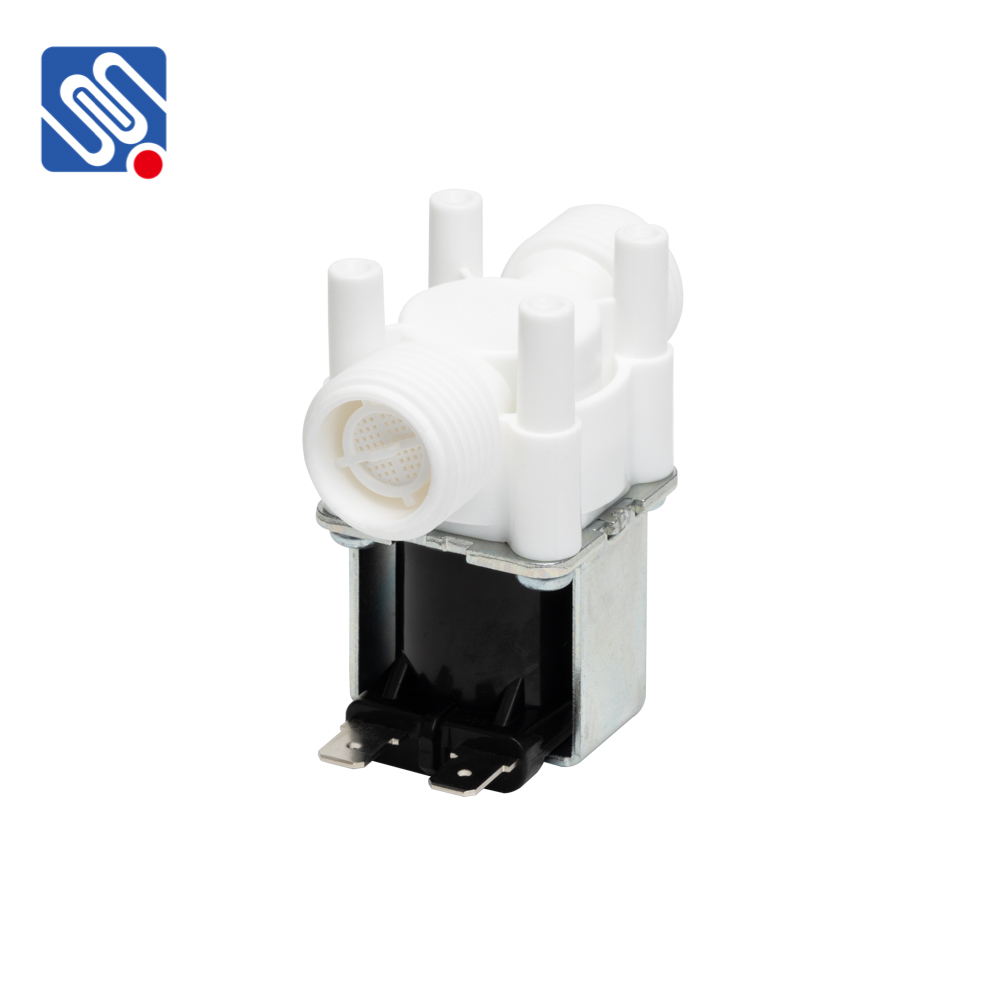understanding building water supply solenoid valve: essential for modern water management systems
Release time:2025-11-08 05:51:15
The Building Water Supply Solenoid Valve plays a critical role in the efficient and automated management of water systems in modern buildings. These valves are integral components in various water supply applications, from residential to commercial and industrial buildings. By providing automated control over the flow of water, solenoid valves improve system efficiency, reduce water wastage, and enhance safety features. This article explores the function, application, and importance of solenoid valves in building water supply systems.

What is a Building Water Supply Solenoid Valve? A solenoid valve is an electrically controlled valve that operates using a solenoid — an electromagnetic coil that, when energized, moves a plunger to control the opening and closing of the valve. In the context of building water supply systems, solenoid valves are used to regulate water flow within pipes. These valves can be automated to open or close in response to electrical signals, making them an ideal solution for modern plumbing systems that require precision and automation. These valves are typically designed to either be normally open (NO) or normally closed (NC). A normally open valve remains open when de-energized and only closes when an electrical current flows through the solenoid. Conversely, a normally closed valve remains closed until the solenoid is energized, which causes it to open.

